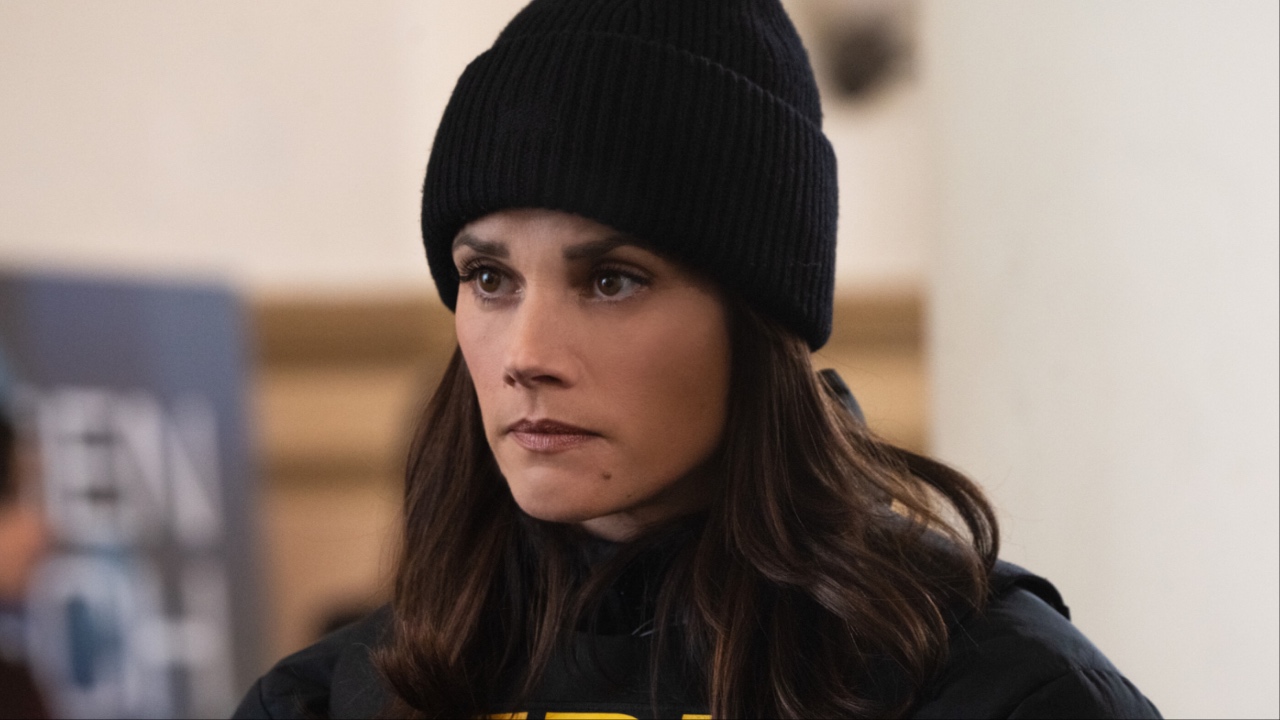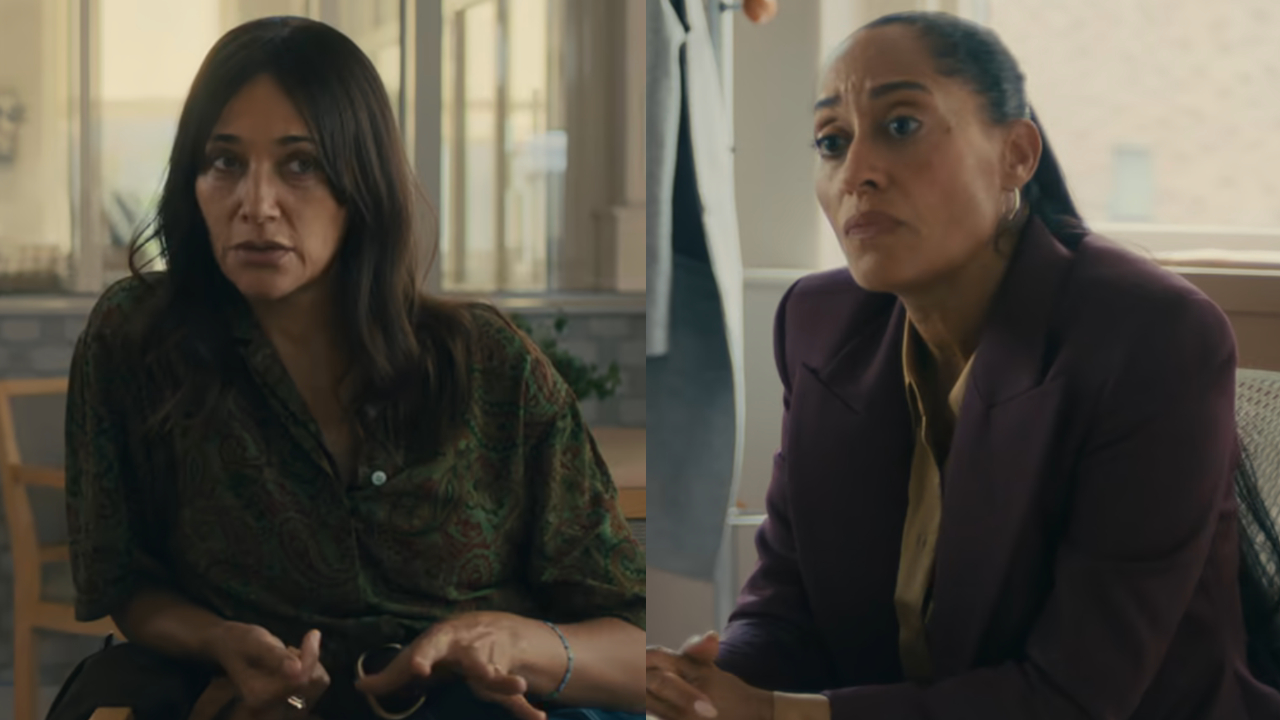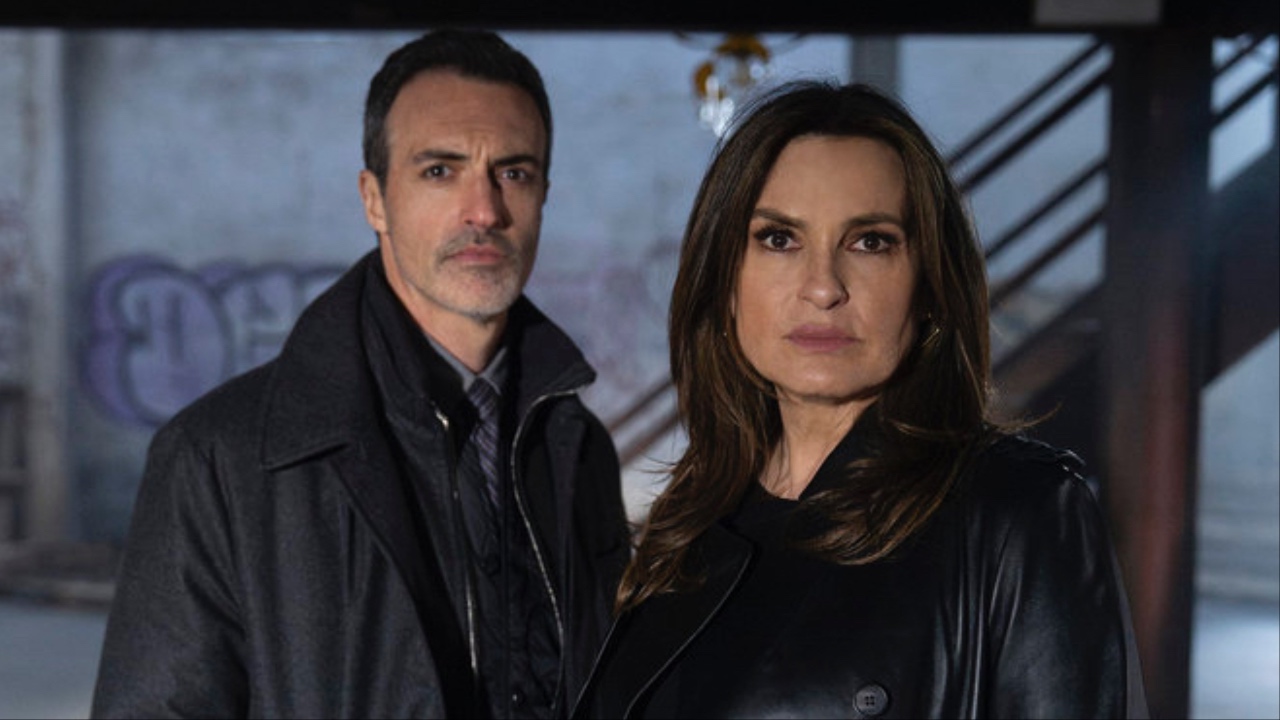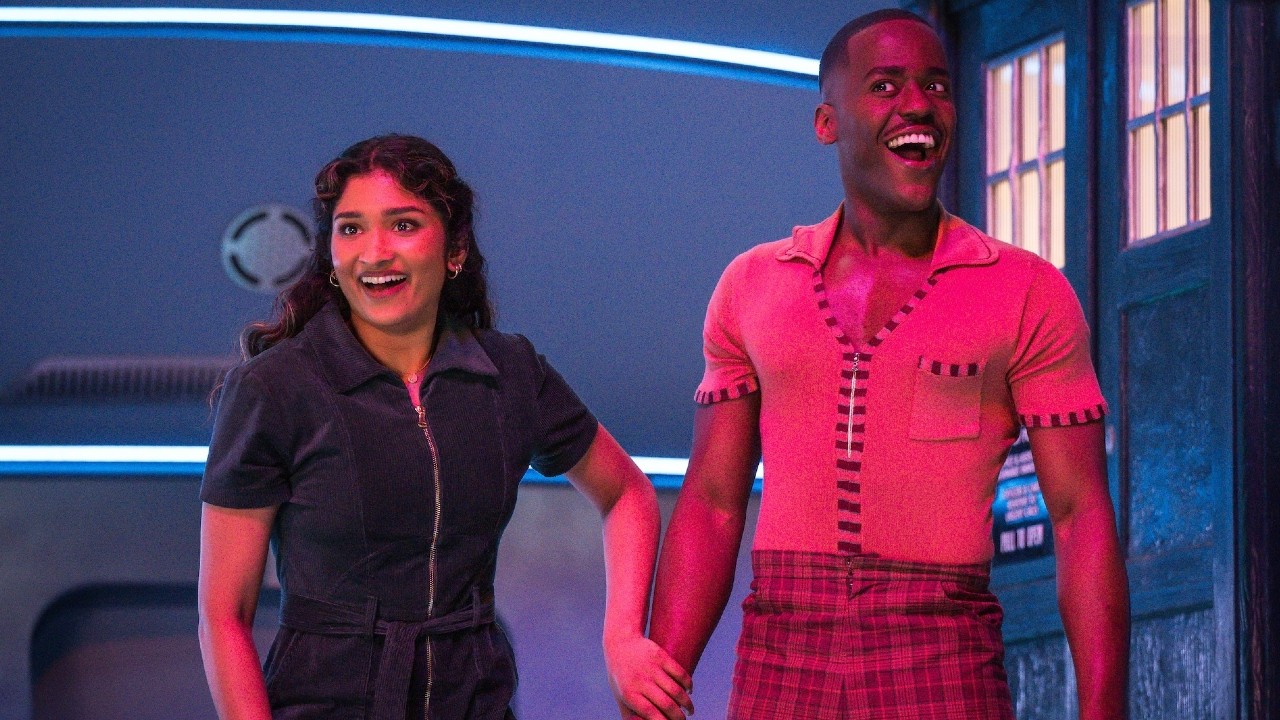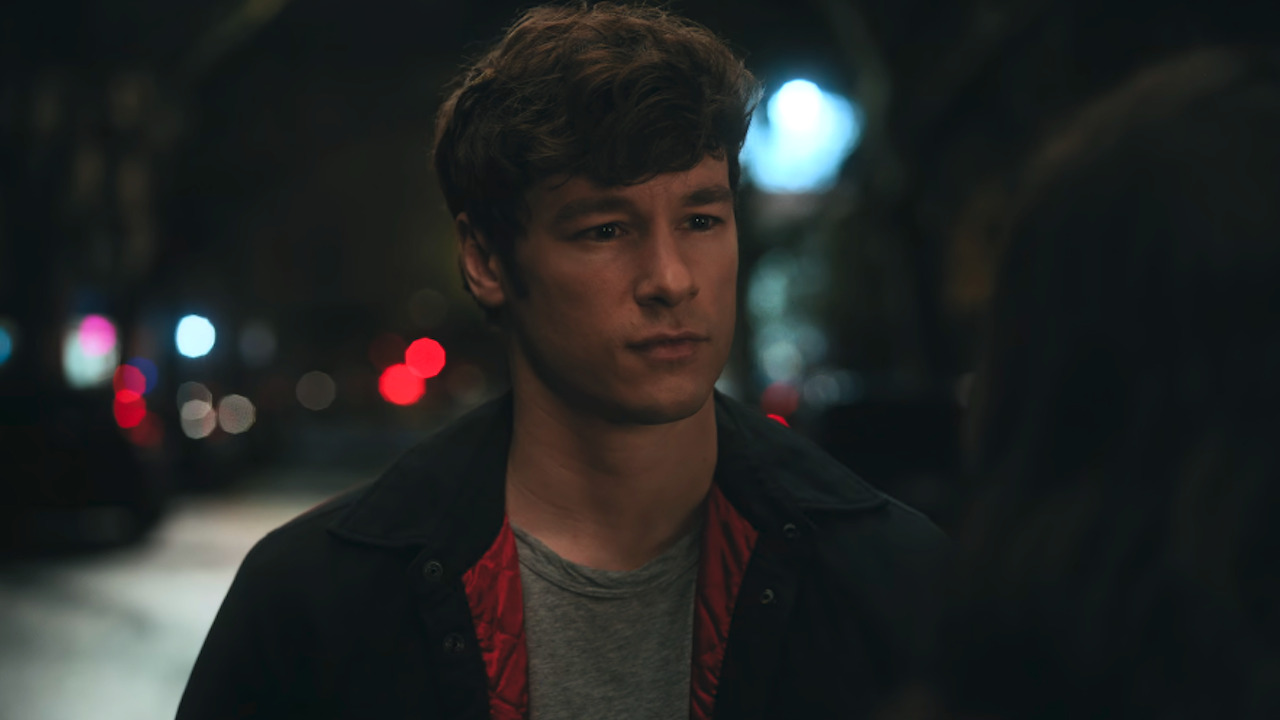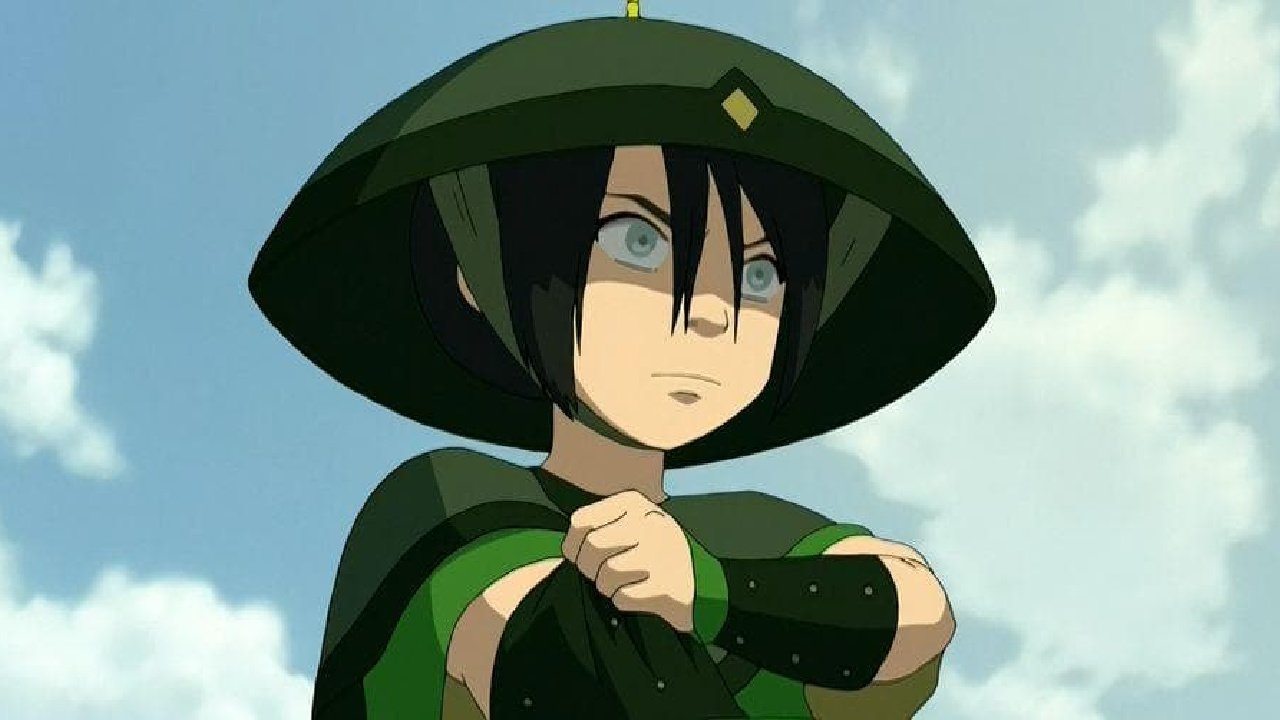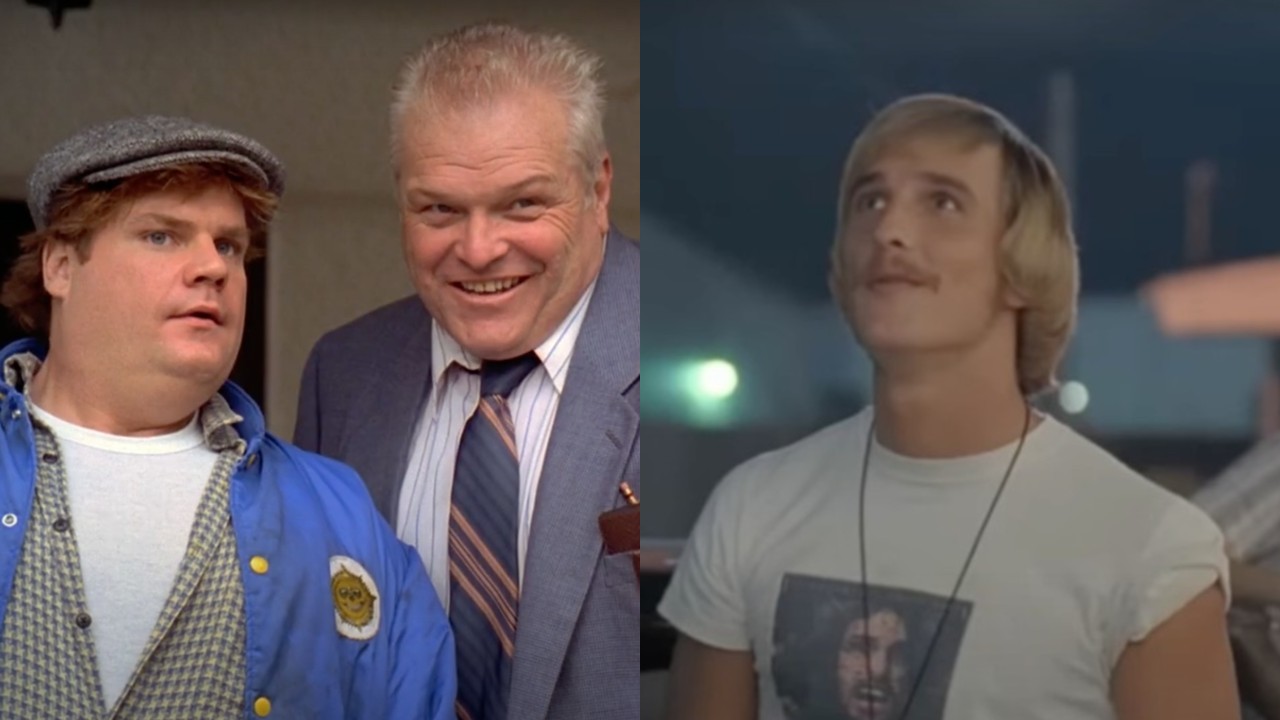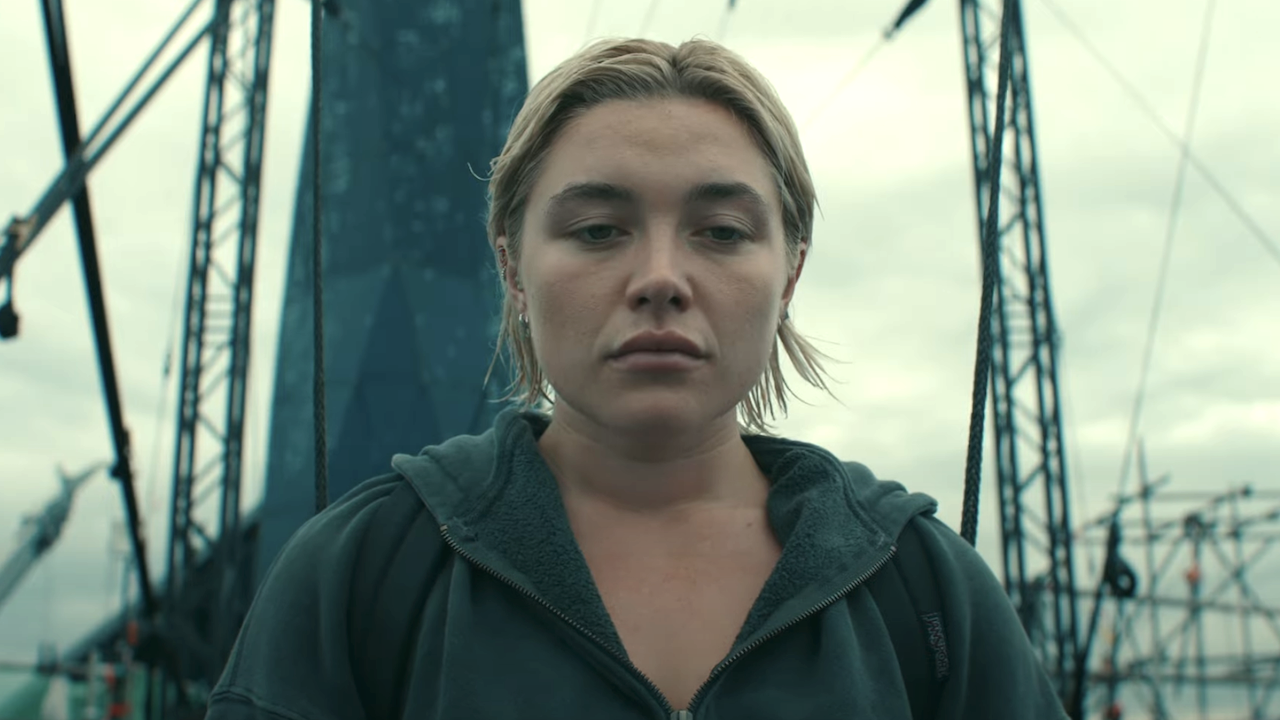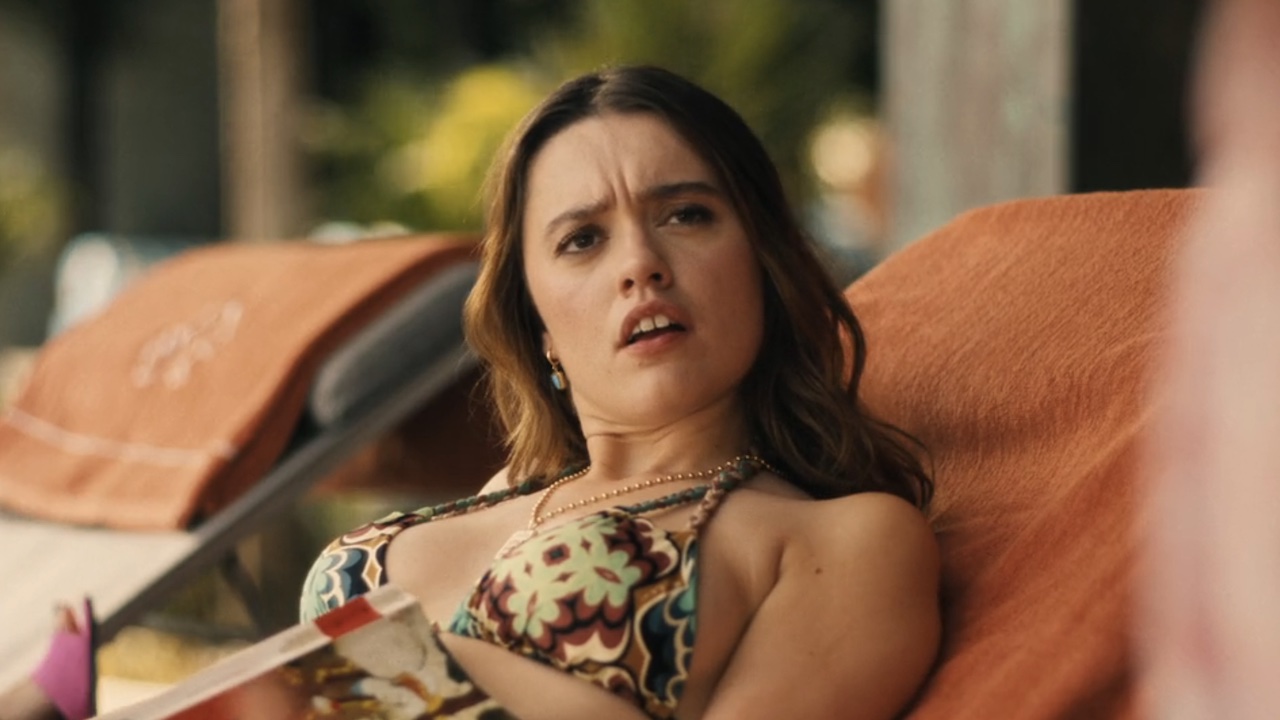Is This Why Disney Chose To Open Solo: A Star Wars Story In May?
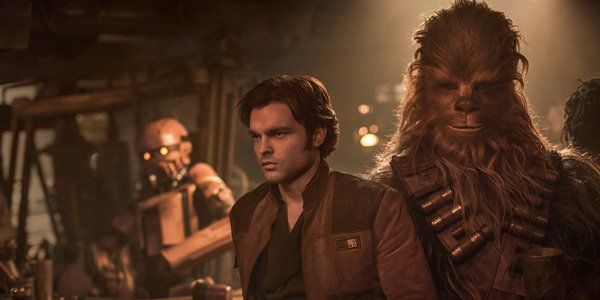
With the recent news that Lucasfilm may (or may not) be hitting the pause button on spin-off Star Wars movies, it makes the decision to release Solo: A Star Wars Story when they did all the more strange. Every episode of the new Star Wars trilogy was originally scheduled for a May release date, and every one of them has seen that date get pushed to December. However, Solo, the movie that had significant issues during production that certainly justified a delay in release, stood fast on that May 25 date. Was this simply because the studio was so sure the movie would be a hit anyway? Or, was it because they actually knew the movie wasn't going to turn out the way they hoped. The answer, I think, is money, but it's much bigger picture money than box office receipts.
The various reasons that Solo: A Star Wars Story had a rough time at the box office have been discussed at length. Many of them were associated with the film, others were external (significant competition from Avengers: Infinity War and Deadpool 2 being the biggest). But certainly, Disney and Lucasfilm could have handled many of those issues by shifting the release. It was almost a year before Solo's debut that Phil Lord and Christopher Miller left the project. That left plenty of time to make the necessary changes to the marketing schedule and whatever other changes needed to be made. But they didn't.
So what's the difference to Disney between May and December of 2018? The difference is business. The Walt Disney Company's fiscal year runs from October 1 - September 30. This means that moving Solo: A Star Wars Story from May to December moves the film out of the fiscal year 2018 and into the fiscal year of 2019. 2018 has been a good fiscal year for Disney. Between Avengers: Infinity War and Black Panther they have two movies that have cleared a billion dollars, and Infinity War did better than $2 billion.
The fiscal year of 2019 looks less certain. While there will absolutely be a lot of movies that will make money for Disney, only Avengers 4 is more or less guaranteed to be a billion dollar player. Something like The Lion King has a good shot at that level, The Jungle Book did just short of a billion dollars around the world and if the remake attracts people like the Beauty and the Beast remake did, it could do that well, but Disney certainly wouldn't have had a good idea what the odds of that were a year ago. Other Disney projects set for the fiscal year 2019, like Mary Poppins Returns or Toy Story 4 will almost certainly be successful, but not to that level.
By releasing Solo: A Star Wars Story when it did, Disney mitigated the damage that the movie could do to the bottom line. When Disney comes out with its annual reports in October it will show healthy numbers from the studio side thanks to three massive films. Solo will be a footnote. This will be a benefit to the stock price of the company, which, let's not pretend, is the real ultimate goal for a publicly traded company.
If Solo had come out in the next fiscal year, when there weren't other massive films to hold it up, the loss would appear to be much greater to Walt Disney Pictures on the whole, which would have the opposite impact on the stock. Disney would almost certainly have ended up in the black, but if the 2019 profit is lower than the 2018 profit, that might as well be the same as a loss.
While Solo: A Star Wars Story might have fared better at the box office in December, it's actually unlikely it would have faired a lot better. As such, the best decision for Disney as a company may have been to have more damage be done in May rather than less damage done in December.
CINEMABLEND NEWSLETTER
Your Daily Blend of Entertainment News
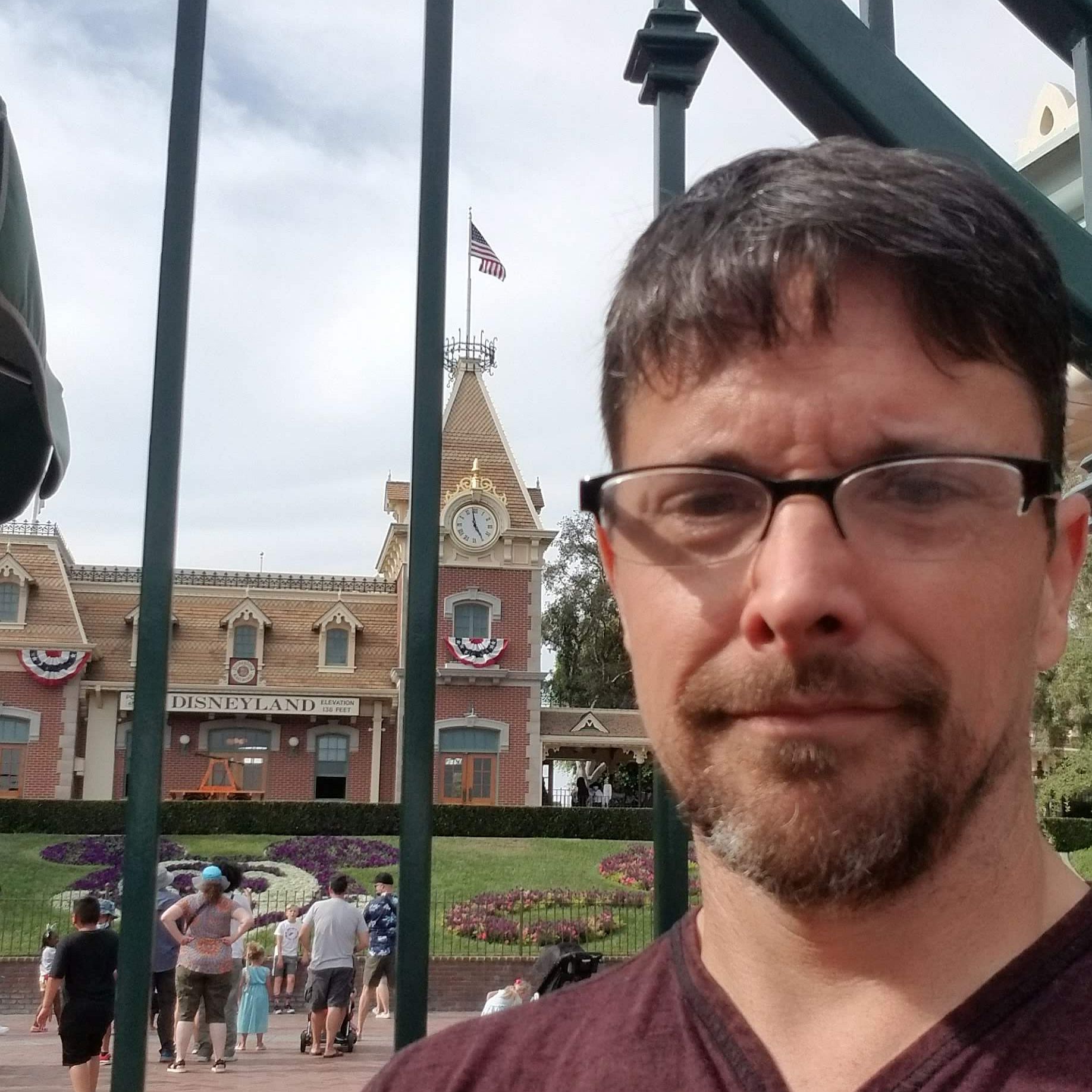
CinemaBlend’s resident theme park junkie and amateur Disney historian, Dirk began writing for CinemaBlend as a freelancer in 2015 before joining the site full-time in 2018. He has previously held positions as a Staff Writer and Games Editor, but has more recently transformed his true passion into his job as the head of the site's Theme Park section. He has previously done freelance work for various gaming and technology sites. Prior to starting his second career as a writer he worked for 12 years in sales for various companies within the consumer electronics industry. He has a degree in political science from the University of California, Davis. Is an armchair Imagineer, Epcot Stan, Future Club 33 Member.
